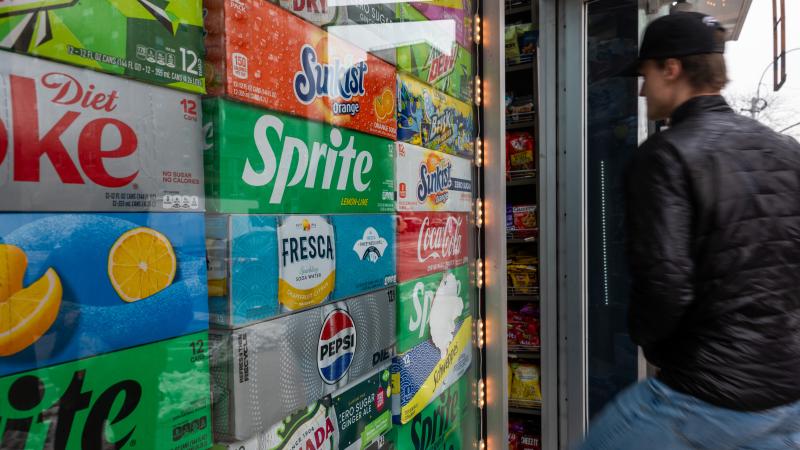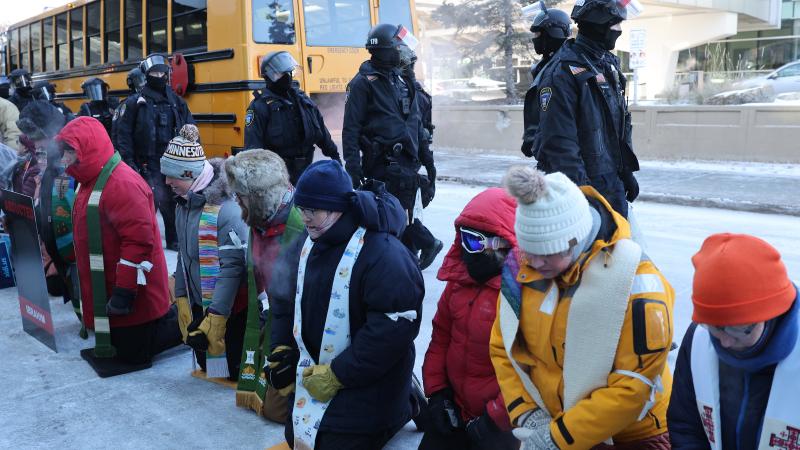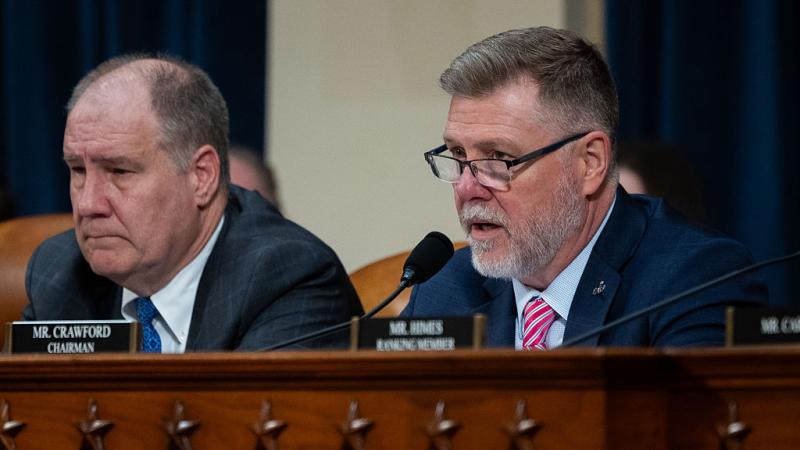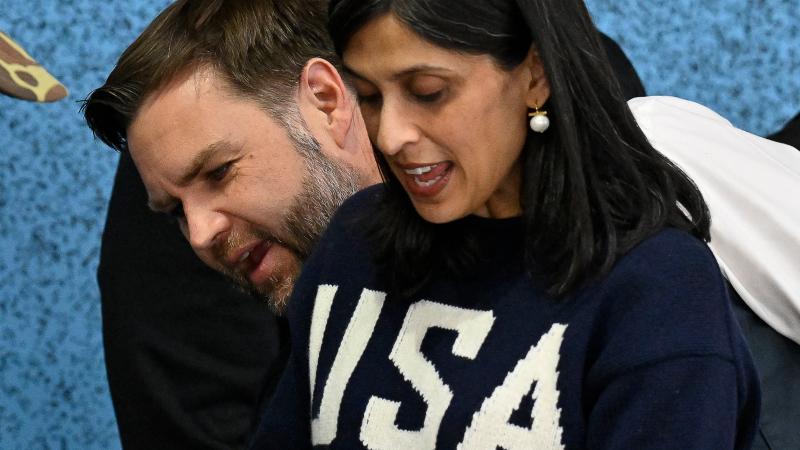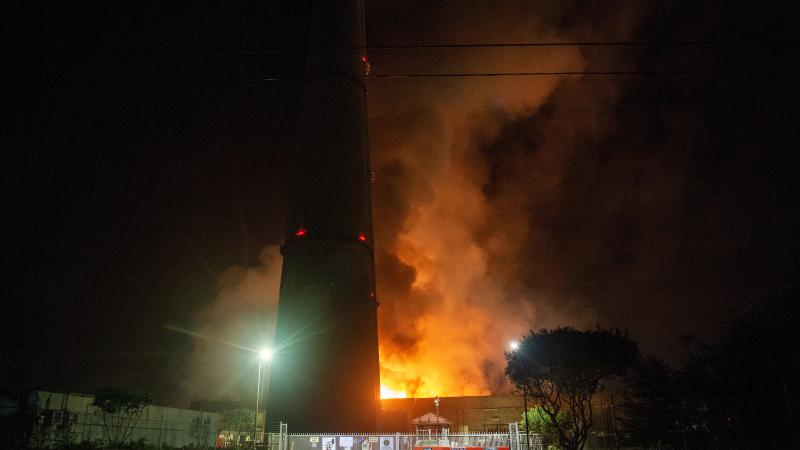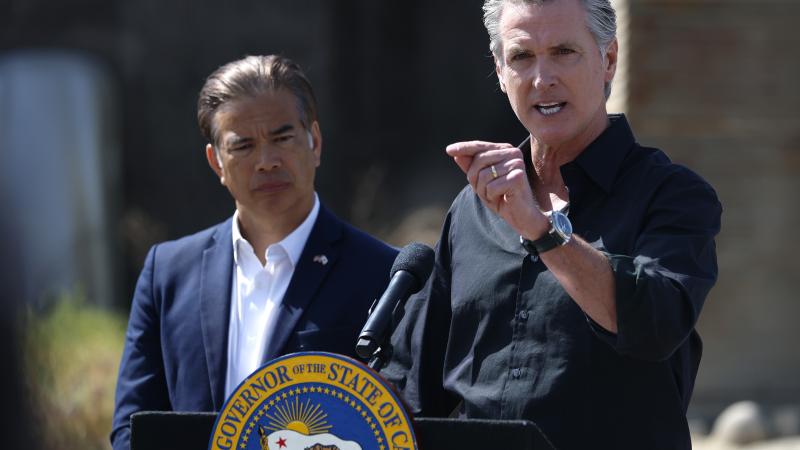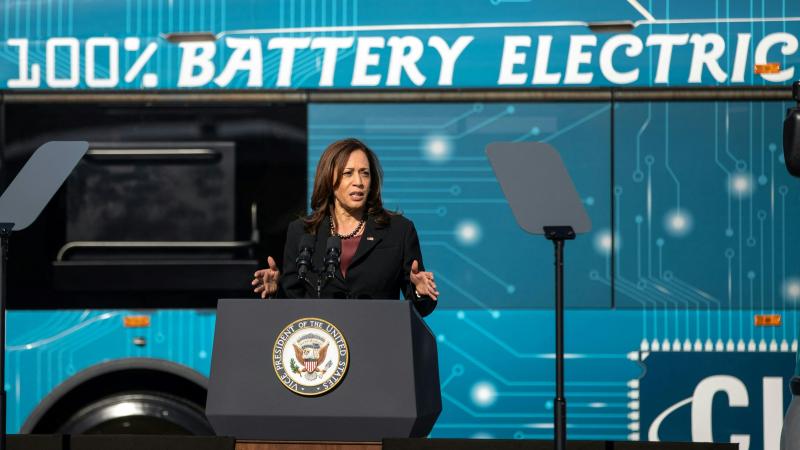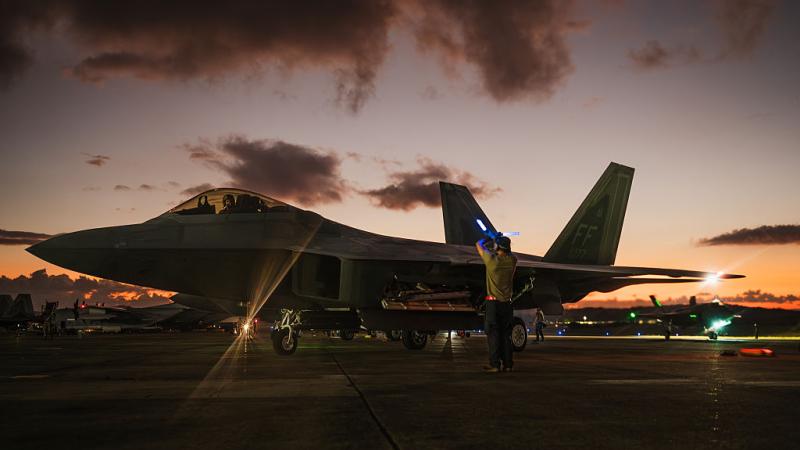Boeing firefighters locked out by company say safety is being compromised
Boeing locked out its firefighters and hired replacements on May 4 after workers rejected pay offers that their union described as 20% below the average at other fire departments in the Puget Sound region.
Friday marks the sixth day of Boeing firefighters being locked out by the aerospace company in a contract dispute.
Negotiations between Boeing and the International Association of Fire Fighters Local I-66 representing 125 firefighters at some of the company’s commercial plane factories broke down last week
Boeing locked out its firefighters and hired replacements on May 4 after workers rejected pay offers that their union described as 20% below the average at other fire departments in the Puget Sound region.
“I’ve been with Boeing for about seven years, and I’ve been in the fire service for coming up on 20,” Lt. Jon Riggsby, a union official and firefighter, told The Center Square from the picket line in Auburn on Friday.
His crew handles just about everything, he said, noting he’s worried about safety being compromised for Boeing employees.
“Our job scope entails a lot,” Riggsby said. “The majority of what we do is just like municipal fire departments; we run EMS calls, fire calls, and we also run hazmat and rescue. We also have a small contingent of firefighters that support the Boeing Starliner Program and do specialized training with NASA on the removal of astronauts from the capsule.”
The main sticking point, according to Riggsby, centers around pay.
“Our new hires come in at $25 an hour, but these aren’t really new firefighters because they come in with at least one year career or three years volunteer service already,” he explained.
Boeing told the Associated Press on May 4 that the company has offered an attractive package.
“We remain committed to securing an agreement,” Boeing said in a news release. “Our offer provides significant pay increases and increased benefits. The union should allow our employees to vote our offer, which was presented before the lockout.”
Riggsby says the information Boeing has put out about the contract offer doesn't comport with reality.
“They say we’re making on average $91,000 a year, and the raise they say they’re offering would put us up to $111,000 a year,” he said. “But we only have 28% of our workforce at top scale and that’s only $85,000, so I don’t understand their math."
Riggsby went on to say, “Currently it takes us 14 years to get to that top scale, and the company now wants to push that out to 19 years, which is basically someone’s whole career."
Other departments, he said, have firefighters reaching top scale for pay after about four years.
No further talks between the two parties have been announced.
“Boeing said they have a robust contingency plan in place, but from what we see that means supplementing the work we normally do with flying in personnel from non-union Boeing sites across the U.S.,” Riggsby lamented. “Our managers and the people they’ve flown in are working around the clock, and nobody is getting breaks.
On Thursday, President Joe Biden called on both sides to return to the negotiating table, posting on X, formerly known as Twitter: “Collective bargaining is a right that helps employers and employees. I’m concerned by reports that Boeing locked out IAFF I-66 members. I encourage folks to return to the table to secure a deal that benefits Boeing and gets these firefighters the pay and benefits they deserve.”
Biden is visiting Seattle Friday afternoon for campaign events.

